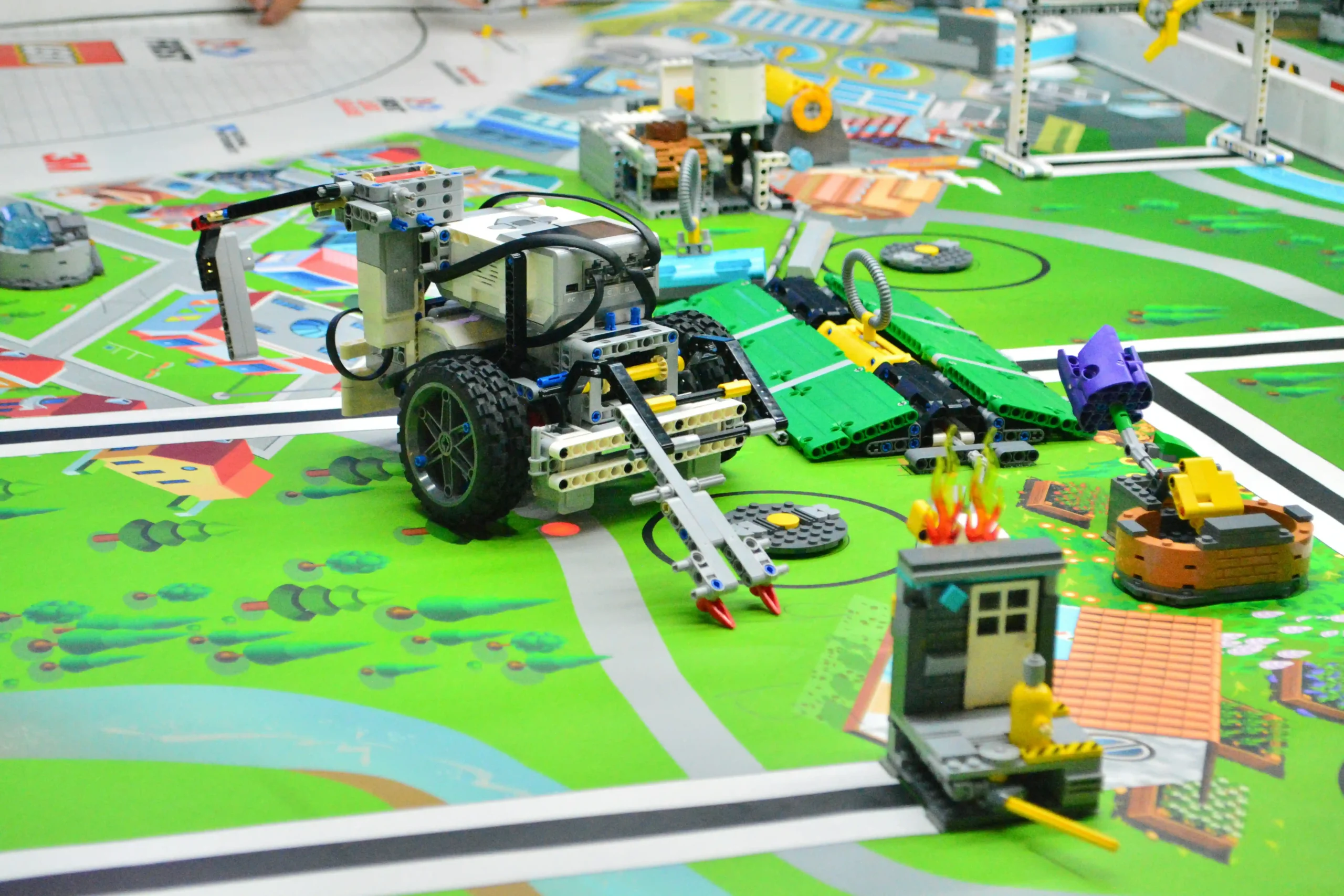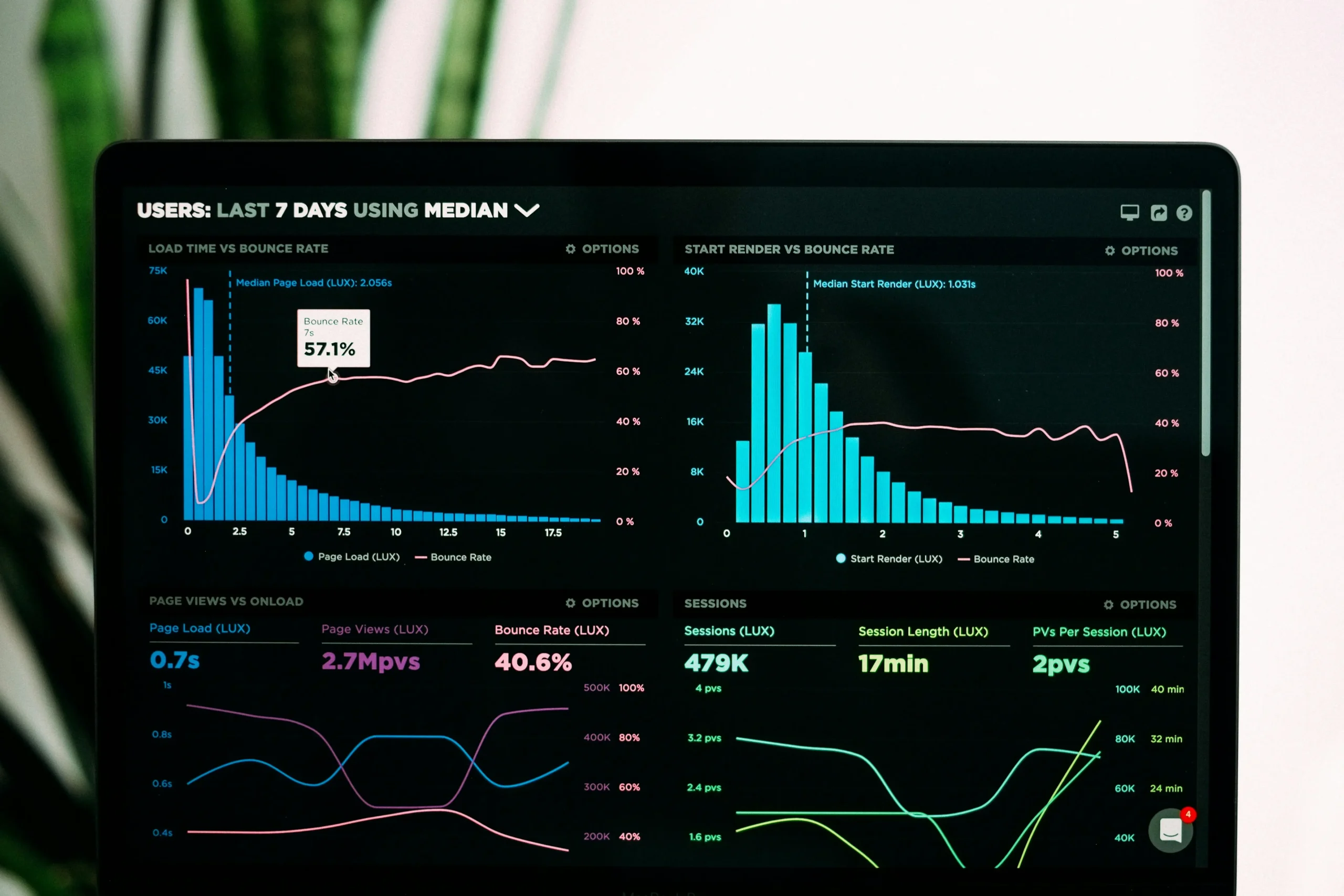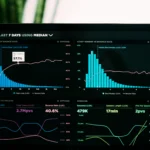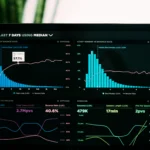2025 AI Trends: The Future of Innovation Unveiled
In 2025, artificial intelligence is no longer a buzzword—it’s the backbone of global progress. From transforming healthcare diagnostics to reshaping how businesses interact with customers, the latest trends in artificial intelligence (2025) are redefining industries at breakneck speed. Consider this: by February 2025, over 65% of Fortune 500 companies have deployed AI-driven decision-making systems, slashing operational costs by 30% while boosting productivity. But what makes this year a turning point? Advances in generative AI, ethical frameworks, and hyper-personalization are converging to create tools that feel less like machines and more like collaborators. Whether you’re an entrepreneur seeking efficiency, a marketer craving deeper customer connections, or an innovator chasing breakthroughs, understanding these trends isn’t optional—it’s essential. In this guide, we’ll unpack the six most impactful 2025 AI trends, explore real-world applications, and equip you with strategies to stay ahead.
1. Generative AI 2.0: Beyond Text and Images
Generative AI has evolved far beyond chatbots and art generators. In 2025, tools like OpenAI’s GPT-5 and Google’s Gemini Ultra are crafting multi-modal content—seamlessly blending text, video, code, and 3D models. For instance, marketers now generate entire ad campaigns in minutes, while architects use AI to prototype eco-friendly buildings. But the real game-changer? Generative AI for scientific discovery. Startups like Insilico Medicine leverage AI to design novel pharmaceuticals, compressing drug development timelines from years to months. However, ethical concerns persist. The EU’s AI Act mandates strict transparency for AI-generated content, pushing companies to balance innovation with accountability.
Hyper-Personalization at Scale
AI’s ability to analyze petabytes of data is enabling micro-targeting at unprecedented levels. Netflix’s 2025 algorithm doesn’t just recommend shows—it crafts unique storylines based on viewer preferences. Meanwhile, retailers like Sephora use AI-powered “digital twins” to let customers virtually test thousands of makeup combinations. The result? A 40% uplift in conversion rates, as reported by McKinsey. But personalization isn’t just for consumers. HR departments deploy AI to design bespoke career paths, reducing employee turnover by 25%.
AI Ethics Takes Center Stage
As AI permeates critical sectors, bias and accountability dominate discussions. Tools like IBM’s AI Fairness 360 help audit algorithms for racial or gender disparities, while regulators demand “explainable AI” in finance and healthcare. In 2025, companies that ignore ethics risk more than fines—they lose consumer trust. For example, a major bank faced backlash when its loan-approval AI unfairly rejected applicants from minority neighborhoods. The lesson? Ethical AI isn’t just a trend; it’s a business imperative.
2. Autonomous Systems: From Factories to Cities
Autonomous robots and vehicles are no longer sci-fi fantasies. In manufacturing, Boston Dynamics’ AI-driven robots assemble electronics with sub-millimeter precision, cutting defects by 90%. Meanwhile, cities like Singapore deploy self-driving buses that adapt routes in real-time, reducing traffic congestion by 35%. But the true frontier is space: SpaceX’s Starship uses AI to navigate lunar terrain, paving the way for Mars colonization. For businesses, the key is integration—pairing autonomous systems with IoT sensors to create self-optimizing supply chains.
AI in Healthcare: Saving Time and Lives
Hospitals are harnessing AI to combat staff shortages. Tools like PathAI analyze biopsies with 98% accuracy, while startups like Babylon Health offer AI triage chatbots that cut ER wait times by half. In 2025, wearable AI predicts heart attacks hours in advance by monitoring subtle biometric shifts. But challenges remain: ensuring data privacy and navigating FDA approvals. Still, the global AI healthcare market is projected to hit $187 billion by 2025, per Statista.

3. Quantum AI: Solving the Unsolvable
Quantum computing supercharges AI’s problem-solving prowess. Companies like IBM and Google Quantum now offer quantum AI platforms that optimize logistics, crack encryption, and simulate climate models. A shipping giant recently slashed fuel costs by 22% using quantum AI to reroute fleets in real-time. However, accessibility remains limited—quantum systems require specialized infrastructure. For most businesses, hybrid models (combining classical and quantum AI) offer a practical entry point.
4. AI-Driven Sustainability Solutions
Climate tech is AI’s noblest 2025 application. Microsoft’s AI for Earth program predicts wildfires weeks in advance, while startups like CarbonChain use AI to track and reduce corporate emissions. Fashion brands leverage AI to design waste-free clothing patterns, cutting textile waste by 50%. Investors take note: green AI startups attracted $45 billion in VC funding last year, signaling massive growth potential.
5. The Rise of AI Employees
“Digital workers” are now mainstream. Companies like Salesforce deploy AI agents that handle 70% of customer inquiries, freeing human teams for complex tasks. Law firms use AI paralegals to review contracts in seconds. Yet, this shift sparks debates about job displacement. Forward-thinking firms reskill employees—UPS, for example, trains drivers as AI logistics managers. The takeaway? AI isn’t replacing humans; it’s redefining roles.
6. AI Governance and Global Collaboration
Nations are uniting to regulate AI responsibly. The 2025 Global AI Compact, backed by the UN, sets standards for military AI use and data sharing. Meanwhile, open-source movements like Hugging Face democratize AI access, empowering startups worldwide. Still, geopolitical tensions simmer—the U.S. and China race to dominate AI chip production. Businesses must stay agile, adapting to both local and international policies.
Tools to Harness 2025’s AI Trends
Ready to leverage these trends? Start with platforms like DataRobot for no-code AI modeling, or NVIDIA’s Omniverse for building digital twins. For ethics, integrate tools like Fairly AI to audit algorithms. And always stay curious—subscribe to MIT Technology Review for cutting-edge insights.
The latest trends in artificial intelligence (2025) are more than innovations—they’re blueprints for a smarter, fairer, and more efficient world. From generative AI’s creative potential to quantum computing’s untapped power, the opportunities are limitless. But success hinges on balancing ambition with ethics, and agility with governance. So, which trend will you adopt first? Share your AI journey with us, and let’s shape the future—one algorithm at a time.










